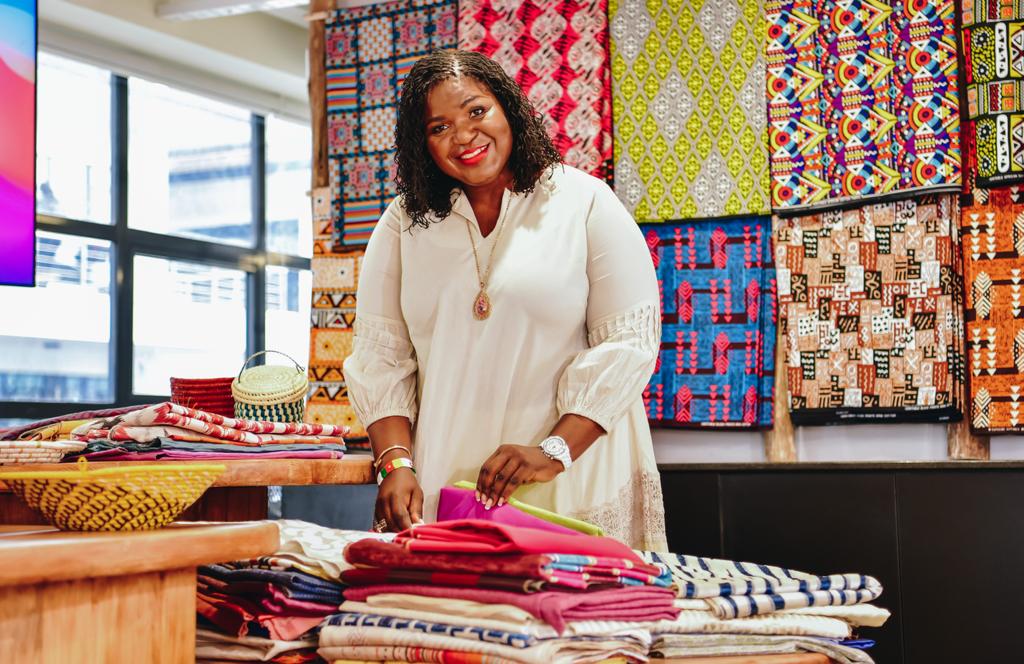×
The Standard e-Paper
Fearless, Trusted News

There are a few places in Nairobi where one can appreciate the concept of a human-centred design when technology solutions are being developed.
The Visa sub-Saharan Africa Innovation Studio is among these few places.







